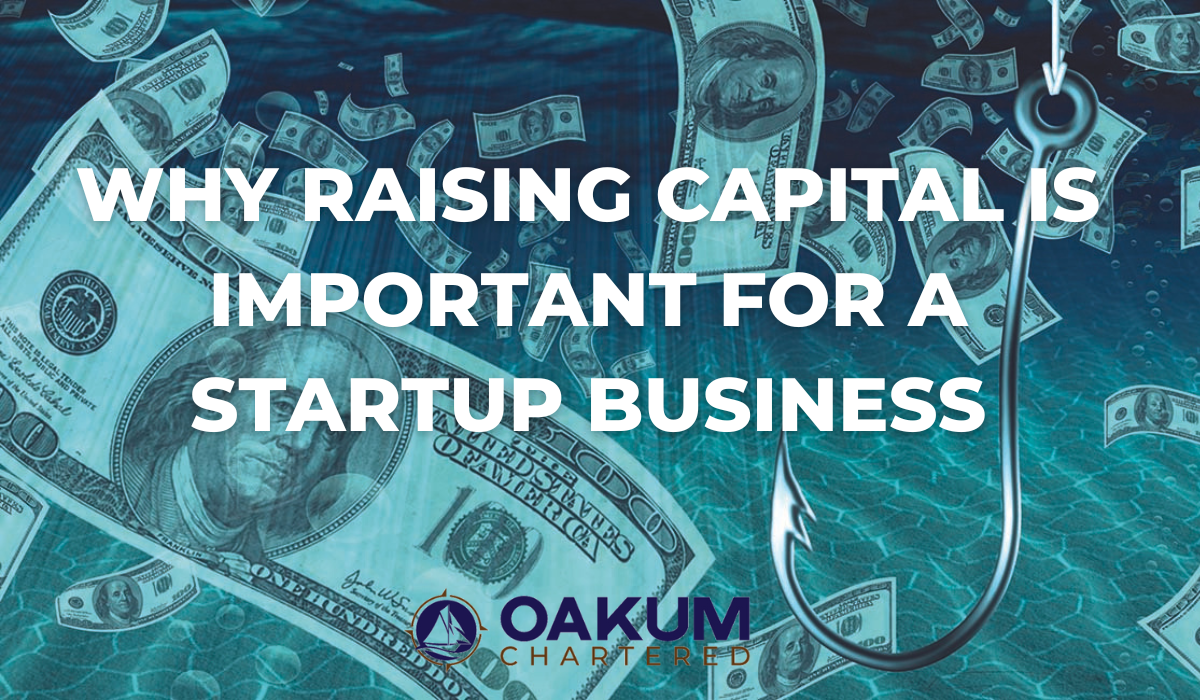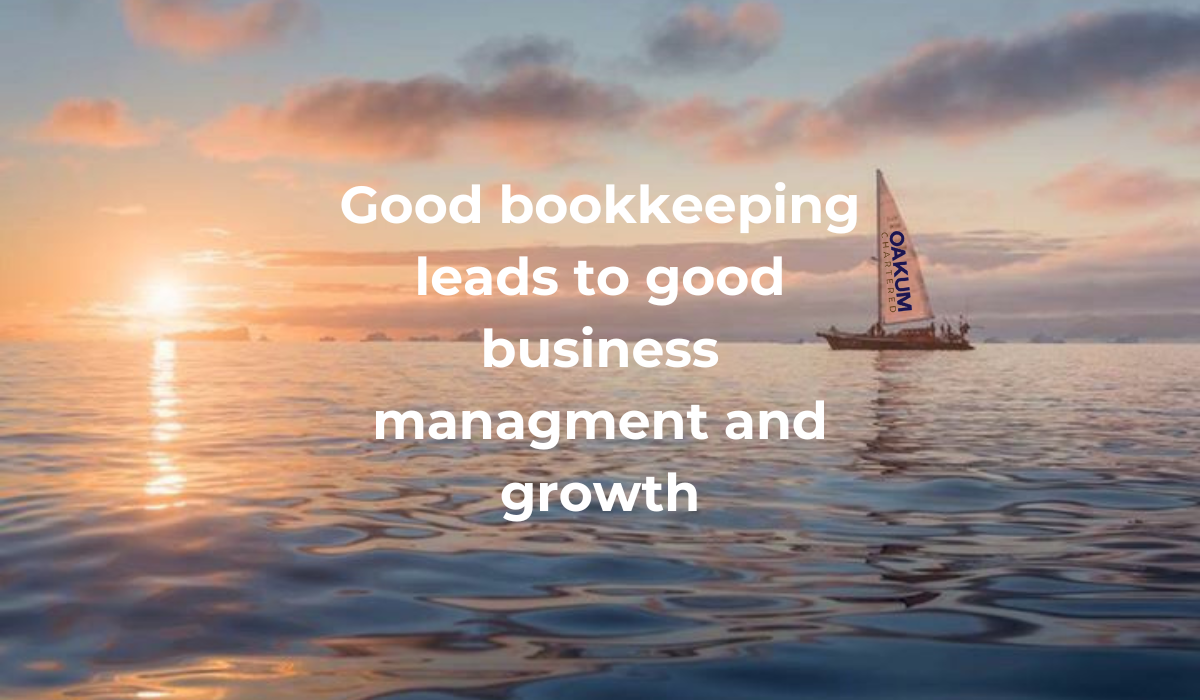Skip to content
Raising Capital for your Small Business

Capital is the lifeblood of business. Without it you can not operate. In order to progress from a startup to a thriving enterprise, securing financial resources becomes imperative. Whether you are looking to buy a new piece of equipment, or diversifying product offerings you will need to have a source of capital.
There are 2 types of capital: Debt and equity. As the name implies debt is money that you borrow that needs to be repaid with interest. Equity is money that the owners contribute to the business. Equity capital does not accrue interest but it grows as the value of the business increases. In most situations debt needs to be repaid before equity can be distributed to owners, putting it above equity in the waterfall. If the business fails, equity goes to zero.
Most businesses have a mix of equity and debt in their capital structure. In the long run, debt is a cheaper way to finance a business than equity, but lenders are usually unwilling to lend at favorable rates unless there is equity capital in the structure. To illustrate this point, if you have a loan at 7% interest your cost is known whether or not your business grows. Whereas with equity, if your business grows by 10x then you will have to pay back 10x to the equity owner. The total cost of capital, is an average of the cost of debt and expected return on equity and is known as the weighted average cost of capital.
Raising Debt
There are several sources for debt capital for small businesses, and you will want to shop around to get the best rate available. Before you approach any lenders, get your documents together. Most lenders will want to see prior year tax returns, financial statements, and bank statements. In addition they are likely to request credit reports for the business itself, as well as its owners. It is often helpful to have an updated copy of your business plan to present to the lender so that they can understand your business and its ability to repay.
Start with your bank. If you have a good relationship with your bank, they may be willing to provide a line of credit or a term loan. Banks rarely offer the most competitive rates to small businesses, but it is a good place to start.
As you do your research you will likely run into a panoply of independent lenders. Be very cautious about accepting capital from these as they often come with draconian and usury terms. Remember: not all capital is good capital.
Small Business Administration loans are often the most affordable and attractive form of debt for small businesses. SBA 7(a) Community Advantage loans are a great option, and will often come with a more attractive lending rate that private lenders are able to offer, because the SBA guarantees the loan, making it less risky to lenders than other loans.
Be mindful about taking on debt, because the vast majority of business loans including all SBA loans require a personal guarantee. This means that if your business folds, you will be personally liable to repay the loan.
Raising equity
To raise equity you will need to prepare a pitch deck that represents your business, the opportunity that you’d like to capitalize, and yourself. Keep it short, punchy and to the point investors are busy people. There are lots of great ideas for startups that fail to execute, so make sure you take some time to showcase why you are the right person for your business and that you have the secret sauce to execute successfully. Even if you are self-funding, it is good practice to develop a pitch and a business plan, because it will give you the discipline to think critically about your business and make a better assessment of your risk, before you commit yourself.
Self funding or bootstrapping: While funding your own business carries significant risks, it is important to remember that high risk often leads to high rewards. When you demonstrate confidence in your own business by investing in it. You are making it more attractive to other investors or acquirers.
Crowdfunding: At Oakum Chartered we strongly recommend crowdfunding for B2C companies. There is very little downside to crowdfunding, and it maintains your independence and flexibility as a small business owner. Crowdfunding serves as both a marketing and fundraising tool, and can help to secure pre-orders, garner interest in your product or create equity invested advocates for your business. As with all good things: Crowdfunding comes in several different flavors:
Rewards Crowdfunding: Reward-based crowdfunding is often associated with the term “crowdfunding” and is commonly linked to platforms like Kickstarter. This type of crowdfunding involves offering investors various rewards, such as products, services, or experiences, in return for their donations
Equity Crowdfunding: Equity-based crowdfunding offers backers the opportunity to receive shares of your company as an investment. This type of crowdfunding is commonly utilized by startups with significant growth prospects, enabling them to secure larger funding by offering a share in their future profits. Notable platforms for equity-based crowdfunding include SeedInvest and CircleUp.
Debt Crowdfunding: Debt crowdfunding operated on a structure akin to conventional small business loans, with one key difference: instead of obtaining funds from a bank or lending institution, businesses secure loans from individual or small group investors. In essence, debt crowdfunding terms closely resemble those of traditional business loans, encompassing elements such as a fixed annual percentage rate and a well-defined repayment schedule.
Donation Crowdfunding: This particular model is frequently employed by nonprofits, social entrepreneurs, and startups, where the emphasis lies on generating social good or community benefits rather than financial profits. Individuals contribute funds to these projects due to their belief in the cause, rather than with the expectation of receiving financial returns. GoFundMe serves as a well known platform for donation-based crowdfunding.
Family and friends: In addition to self funding family and friends already know you, and if they believe in your business are the easiest source of capital. While family may be keen to help you, do not accept capital that they can not afford to lose.
Angel Investors: Angel investors are high net worth individuals who specialize in funding startups with significant growth potential in return for an ownership stake. Angels are professional investors that accept a high risk for a significant equity stake. The typical horizon for an angel investor is 10 years and investment size ranges from $25k – 2MM. Because angel investments are equity based the business does not have an obligation to repay since ownership shares are exchanged for the investment. Your angel investor, will likely expect to see regular progress, and a voting seat on the board of directors.
Family Office: Family offices are pools of capital normally controlled by a single family. The purpose of a family office is to deploy capital to provide a return to the office, but since it is controlled by a single family, there is often more flexibility. While Family offices typically invest in equity, they have the flexibility to provide debt. Family offices are also more flexible when it comes to the size of the investment, being able to invest both smaller and larger sums than Angels typically do.
Venture Capital: VC firms deploy pools of institutional capital tranched into funds which are designed to invest in high growth enterprises with a finite time horizon. Venture capitalists expect a high failure rate, and high growth rate. VC firms like to invest in startups that have some track record, but need large sums of capital to scale. Investment amounts are typically more than >5MM and can be hundreds of millions. VC money is competitive, so you will need to have a razor sharp pitch deck with data to back up your claims.
Venture capital comes with strings attached. The VC firm will likely require several voting seats on your board of directors in addition to a significant equity stake. Once you accept VC funding you will be under pressure to deliver results quickly. Returns are expected to match the fund life, so you will be expected to deliver a liquidity event at some point, even if it is not in the best long term interest of your business.
Private equity: Private equity funds are large institutional funds that target mature businesses. Private equity firms rarely invest in small enterprises, however it is useful to be aware because if your business grows, they could provide a nice exit opportunity for you. Generally the transaction size for PE deals is >25MM. On occasion, PE firms can acquire at lower valuations, but these would be strategic deals (rollups or IP/technology acquisition).
Think of PE as a potential exit opportunity. Unless you have amazing IP or other strategic value, PE is not likely to invest in your small business. PE deals have significant transaction costs, so they require a minimum scale to offset the due diligence costs, and maintain their target rate of return. If you are thinking of preparing for exit, then PE might be an exit opportunity. It’s a good idea to make sure your accounts are in order, and that you have good controls and processes in place before you approach potential PE acquirers. Most PE firms will expect to see audited financial statements, quality of earnings reports, and robust internal controls. If you have robust records and controls it will keep the deal costs low, thereby increasing the rate of return, which will allow the firm to offer a higher price.
Whether you are a startup or a more mature business looking for an exit strategy, understanding business capital structures in foundational. It could be that you want to retire but with no competent ‘heir apparent’, and looking to take some chips off the table. Whatever your situation, professional advice can be very valuable. Oakum Chartered can help to craft your strategy to suit your needs and lifestage.
Page load link


